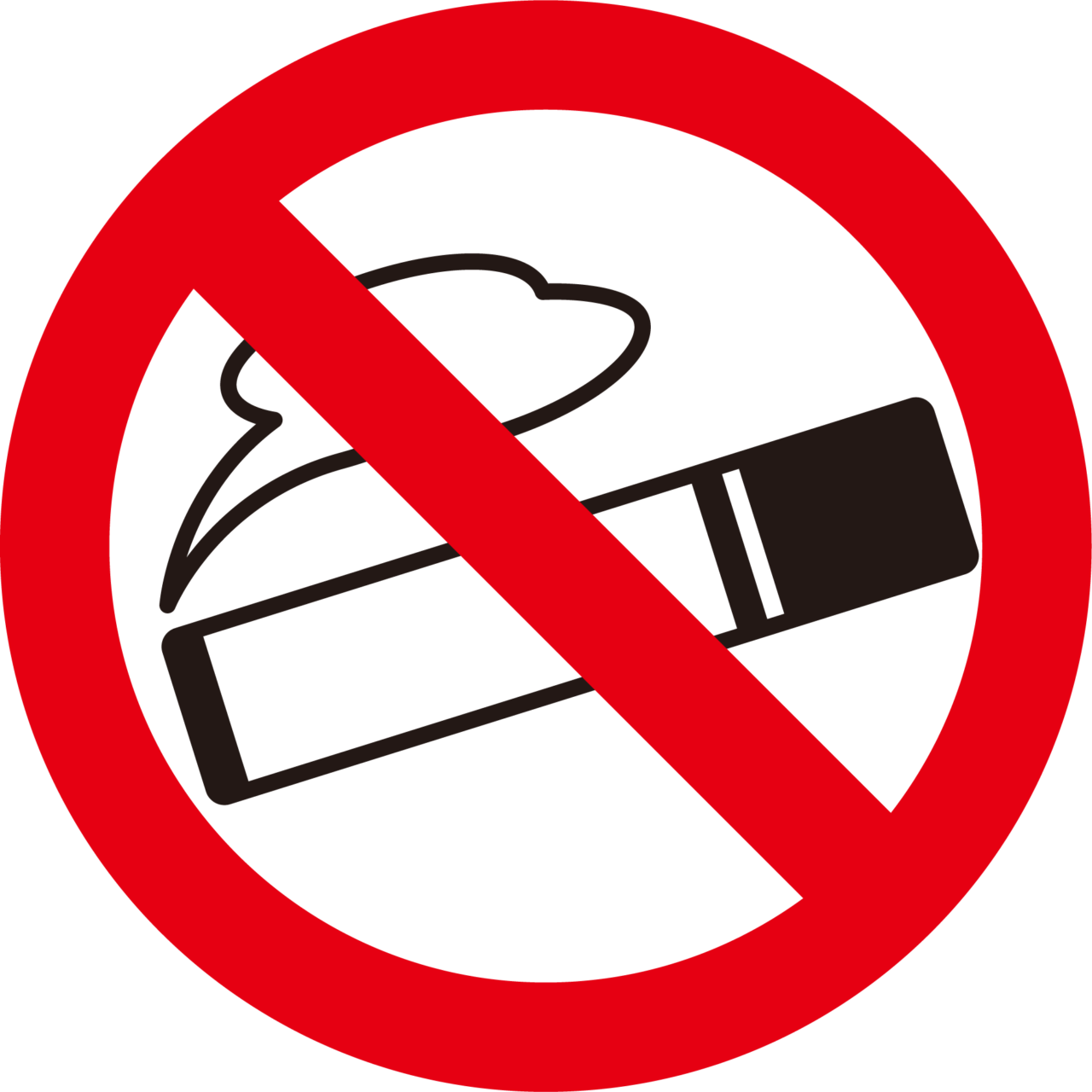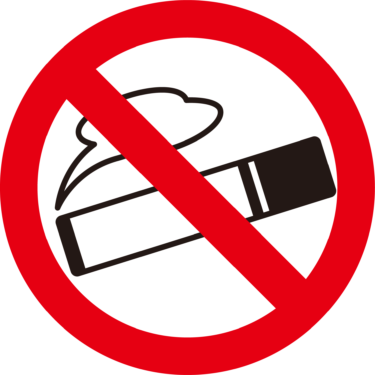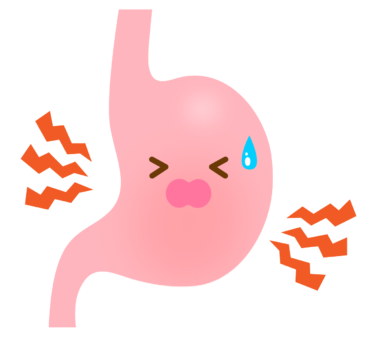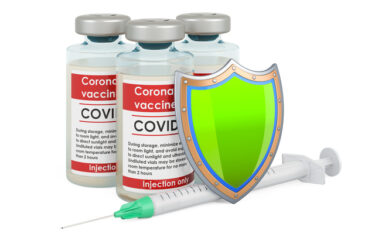今日はクローン病と喫煙の影響について取り上げたいと思います。
クローン病では禁煙することが、ガイドラインで「強く推奨」されています。では、なぜ禁煙が勧められるのでしょうか?その根拠をいくつかみていきたいと思います。
喫煙とレミケードの効果
下記は、オハイオ州クリーブランドで1998年から2000年の間にレミケード治療を受けた100人のクローン病患者さんの観察研究です。この研究では次のことが示されました。レミケードの反応性は非喫煙者(73%)の方が喫煙者(22%)と比較してよいこと。また、レミケードの効果が長期間(2ヶ月を越えて)持続したのは非喫煙者(59%)の方が喫煙者(6%)より多いこと、が示されました。
For inflammatory disease, 73% of nonsmokers, compared with 22% of smokers, responded to infliximab (P < 0.001). Among patients taking concurrent immunosuppressives, 74% responded to infliximab compared with 39% not taking any immunosuppressives (P = 0.007).Prolonged response (duration >2 months) was achieved in 59% of nonsmokers compared with 6% of smokers (P < 0.001) and in 65% of patients on immunosuppressives compared with 18% not on immunosuppressives (P < 0.001)
Parsi MA, Achkar JP, Richardson S, et al. Predictors of response to infliximab in patients with Crohn’s disease. Gastroenterology. 2002; 123: 707-13.
下記は、スコットランドのエディンバラで1999年から2002年の間にレミケード治療を受けた74人のクローン病患者さんの観察研究です。この研究では次のことが示されました。喫煙者は非喫煙者と比較してレミケードの反応性が悪いこと。そして、レミケード治療開始から1年後の再燃率は喫煙者で100%、非喫煙者で39.6%と、喫煙者で有意に高い再燃率を認めたこと、が示されました。
Fifty‐four of 74 (73%) patients responded. Univariate analysis identified that smokers were less likely to respond than non‐smokers [P = 0.005, odds ratio (OR) 0.22]. Patients established on immunosuppression (P = 0.034, OR 7.31) and with isolated colonic disease (P = 0.042, OR 3.83) were more likely to respond. Multiple logistic regression confirmed smoking (P = 0.035, OR 0.24) and colonic disease (P = 0.035, OR 4.87) as independent markers of response. One‐year relapse rates differed significantly between smokers and non‐smokers (100% vs. 39.6%, P = 0.0026, relative risk 3.2) and between patients established on immunomodulators or not (58.0% vs. 92.8%, P = 0.0054, relative risk 2.6).
Arnott ID, McNeill G, Satsangi J. An analysis of factors influencing short‐term and sustained response to infliximab treatment for Crohn’s disease. Aliment Pharmacol Ther. 2003; 17: 1451-7.
小括
これらの結果から、クローン病患者さんにおいて、喫煙はレミケードへの反応を低下させ、また反応の維持にも悪影響を及ぼすことがわかりました。そして、喫煙者ではレミケード治療開始から1年以内に100%が再燃する、ということですから驚きです。
喫煙と術後再発
下記は、カナダのカルガリーで1966年から1983年の間に切除術を受けた174人のクローン病患者さんの観察研究です。この研究では、腸管切除術から5年後と10年後の再手術の割合を比較しています。結果、次のことが示されました。5年後と10年後の再手術率はそれぞれ、喫煙者で36%と70%、非喫煙者で20%と41%でした。つまり、喫煙者において再手術率は有意に増加しています。
The 5- and 10-yr recurrence rates were 28% and 56%, respectively. Five- and 10-yr rates were significantly different for smokers (36%, 70%) and nonsmokers (20%, 41%). When patients were stratified by gender, the increased risk was more apparent in women (odds ratio 4.2, 95% confidence interval 2.0-4.2) than in men (odds ratio 1.5, 95% confidence interval 0.8-6.0).
L R Sutherland, S Ramcharan, H Bryant, et al. Effect of cigarette smoking on recurrence of Crohn’s disease. Gastroenterology. 1990; 98: 1123-8.
10年後の再手術率が喫煙者で70%、というのは怖いデータです。
禁煙と再燃率
下記は、フランスのパリで1995年から1999年の間に通院した899人のクローン病患者さんの介入研究です。うち、59人が1年以上の禁煙歴(quitters)をもちました。この59人のquittersと同数ずつ、つまり59人の喫煙者(continuing smokers)、59人の非喫煙者(nonsmokers)とを準備して比較しました。結果、中央値29ヶ月まで観察し、quittersの再燃率は非喫煙者と変わらず、また喫煙者よりも有意に低かった、と報告しています。
During a median follow-up of 29 months (1–54 months), the risk of flare-up in quitters did not differ from that in nonsmokers and was less than in continuing smokers (P < 0.001).
J Cosnes, L Beaugerie, F Carbonnel, et al. Smoking cessation and the course of Crohn’s disease: An intervention study. Gastroenterology. 2001; 120: 1093-9.
1年間の禁煙後は再燃リスクは非喫煙者と同じまで低下する、ということですね。
まとめ
いかがでしたでしょうか。クローン病治療において、レミケードは中核をなす治療です。レミケードの効果を十分に維持し、長期の寛解を保つためにも、喫煙者においては禁煙が有益なようです。また、再燃率については、1年以上禁煙をすれば、非喫煙者と変わらない程度まで抑えることができるようですから、禁煙を始めるのに遅いということはないようです。皆様の参考になりますと幸いです。







